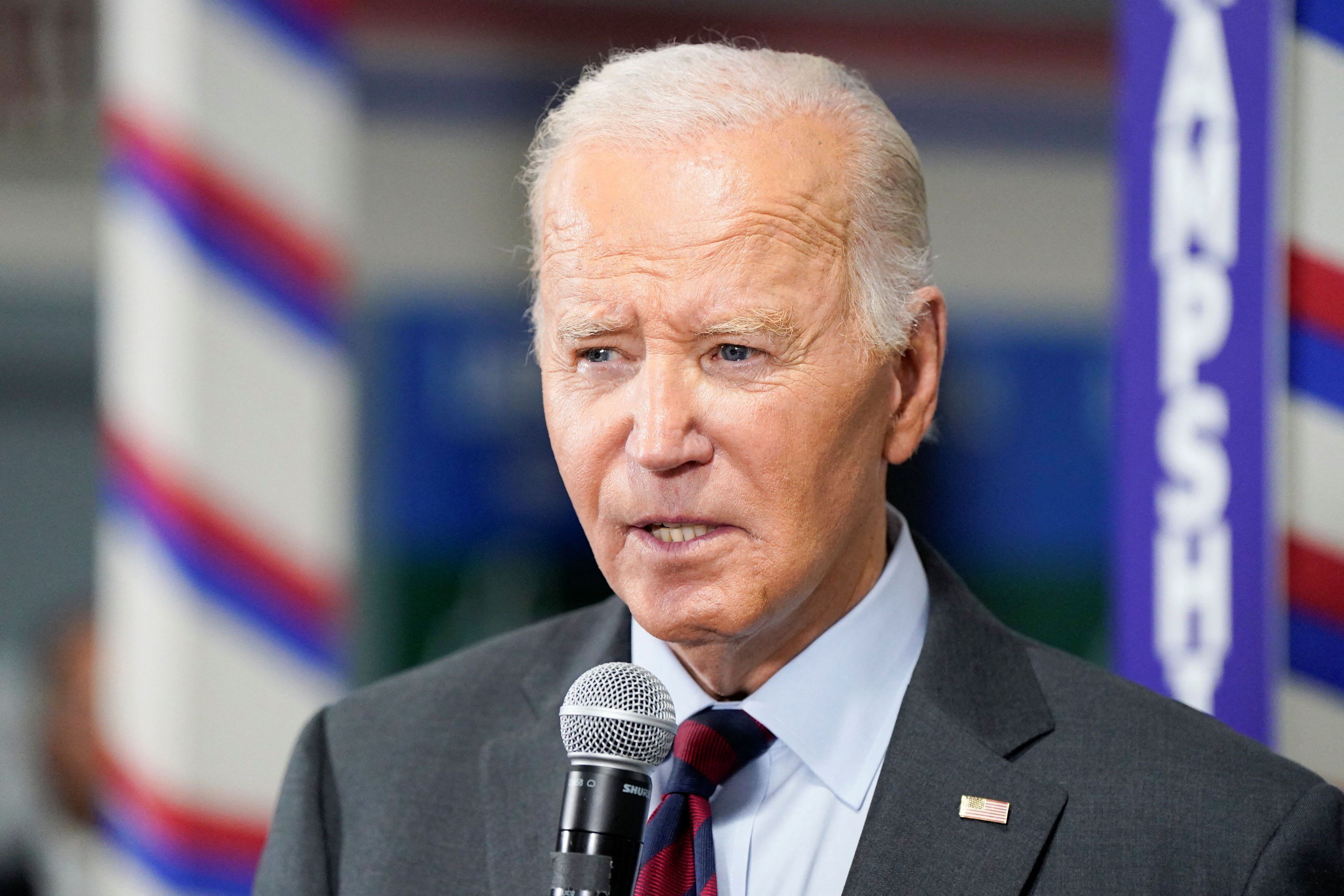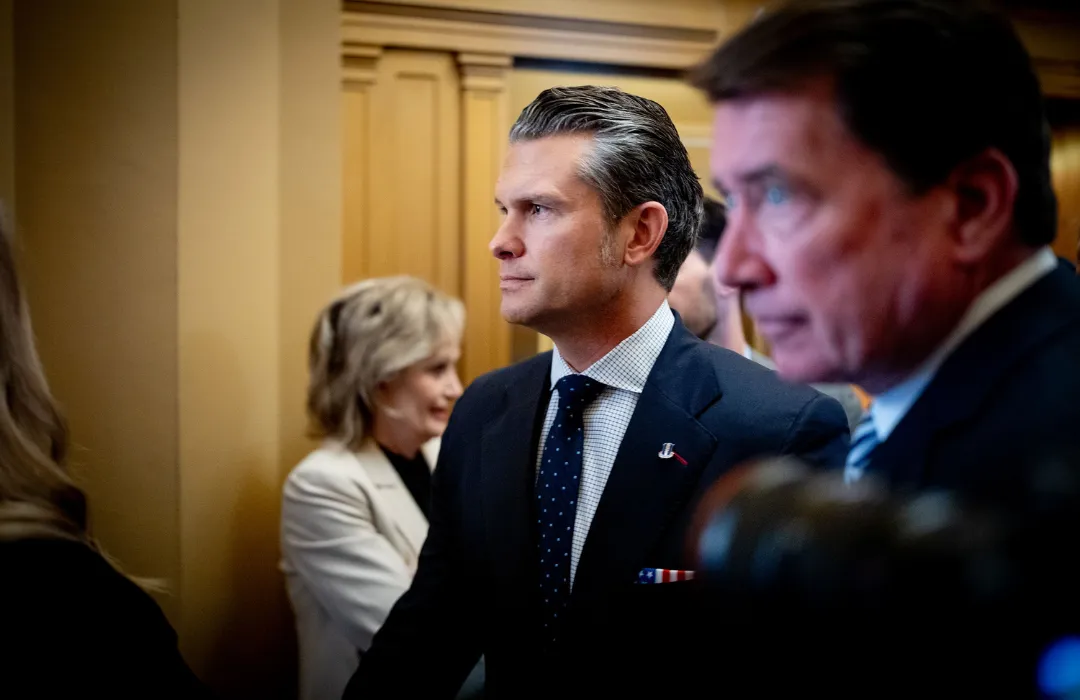
Lisa Cook, a governor on the Federal Reserve, has made headlines with her firm refusal to resign following an unprecedented move by President Donald Trump to have her removed from her position.
Despite Trump’s assertion that she would be fired for cause, Cook has maintained that the president lacks the legal authority to do so and has rejected calls for her resignation.
The drama surrounding this high-profile dispute has raised significant questions about the boundaries of presidential power, the integrity of the Federal Reserve, and the ongoing political tension between Trump and the Federal Reserve.
The controversy started on Monday when Trump publicly announced his intention to fire Cook, alleging that she had been involved in financial misconduct related to mortgage fraud.
The accusations stemmed from a criminal referral submitted by William J. Pulte, the Director of the Federal Housing Finance Agency (FHFA), which claimed that Cook had made false statements regarding her primary residence in Michigan and Georgia.
Trump’s letter cited these alleged discrepancies as sufficient cause for her removal, as well as her supposed "deceitful and potentially criminal conduct in a financial matter."
In a statement released late Monday, Cook adamantly rejected the notion that she should resign or be removed from her position. She claimed that there was no legal basis for her dismissal and that Trump’s actions were part of a broader political attack.
"President Trump purported to fire me 'for cause' when no cause exists under the law, and he has no authority to do so," Cook said. "I will not resign. I will continue to carry out my duties to help the American economy as I have been doing since 2022."

Cook’s defense centers on the specific legal framework governing her position. According to the Federal Reserve Act, the president can only remove a governor for "cause," which traditionally refers to acts of misconduct, criminal behavior, or gross negligence, not mere policy disagreements.
For Cook, who was appointed by former President Joe Biden in 2022 and confirmed by the Senate in 2023, the allegation of wrongdoing lacks legal weight, and she has indicated that she intends to fight the removal through legal and judicial channels if necessary.
Trump’s letter, which contained a detailed account of the alleged mortgage fraud, included accusations that Cook had committed a series of violations when it came to signing documents related to her primary residence.
Trump referenced a document that Cook had signed, declaring her Michigan property to be her primary residence, only to have her sign another document in Georgia, again declaring a different property as her primary residence.
Trump suggested that Cook’s actions demonstrated a lack of integrity and called into question her competence as a financial regulator, especially given her role in overseeing critical aspects of the nation’s financial system.
"In light of your deceitful and potentially criminal conduct in a financial matter, they cannot, and I do not have such confidence in your integrity," Trump’s letter read.
"At a minimum, the conduct at issue exhibits the sort of gross negligence in financial transactions that calls into question your competence and trustworthiness as a financial regulator."
Despite these strong accusations, Cook has not been formally charged with a crime, and the Department of Justice is still investigating the allegations. Trump’s decision to target her based on the mortgage fraud accusations has raised alarm among legal experts and political analysts alike, especially given the lack of direct evidence linking her actions to illegal behavior.

Many have argued that the president’s public call for her removal could be seen as an overreach of executive power, particularly since Cook’s position on the Federal Reserve is meant to remain independent of political influence.
The situation has sparked intense debates about the role of the Federal Reserve, the political independence of its governors, and the limits of presidential power.
The Federal Reserve, which is tasked with managing monetary policy and regulating banks, is meant to operate with a degree of independence from political pressures.
Cook, as a governor, serves a 14-year term, a tenure designed to insulate her from political interference. The fact that Trump has openly attempted to remove a sitting Fed governor is unprecedented in American history, making the dispute all the more significant.
In his initial statement, Trump suggested that the political nature of Cook’s role within the Federal Reserve may have played a part in her downfall. The former president, who has often been critical of the Fed’s policies, especially under Chairman Jerome Powell, has repeatedly urged the central bank to reduce interest rates to stimulate economic growth and reduce the costs of servicing the nation’s national debt, which exceeds $37 trillion.
While Trump has criticized Cook’s tenure at the Fed, his attempts to oust her appear to be driven more by personal and political factors than by concerns over her actual performance as a governor.
Cook’s political background is also part of the broader context surrounding the current battle. Appointed by President Biden, Cook’s confirmation as a governor was closely tied to the Democratic Party’s priorities, particularly in shaping a more progressive monetary policy that aligns with Biden’s economic agenda.
In addition to her work in academia and economic research, Cook’s experience as an economist specializing in global development made her a significant pick for the Federal Reserve, particularly in the context of addressing racial economic disparities and ensuring greater access to financial services.

In her statement, Cook acknowledged the criticism surrounding her work and tenure but rejected the idea that she had acted dishonestly or violated the law. "I have worked hard to promote a healthy economy, improve financial systems, and address inequality in our nation.
My actions have always been in service of the American people and the integrity of our financial system," she said. "I will continue to fulfill my duties as I have sworn to do."
This unfolding situation has raised significant questions about the relationship between the executive branch and the Federal Reserve, and whether political considerations have begun to unduly influence decisions about the leadership of the nation’s central bank.
With legal battles likely ahead, Cook’s refusal to step down and Trump’s ongoing attempts to remove her from office promise to keep this issue at the forefront of political debate for the foreseeable future.
As of now, the fate of Lisa Cook remains uncertain. Whether she can successfully defend her position remains to be seen, but her staunch refusal to resign and the surrounding controversy make clear that the fight over her future is about more than just one individual. It is about the broader principles of political independence, accountability, and the balance of power in the U.S. government.



-1750486704-q80.webp)